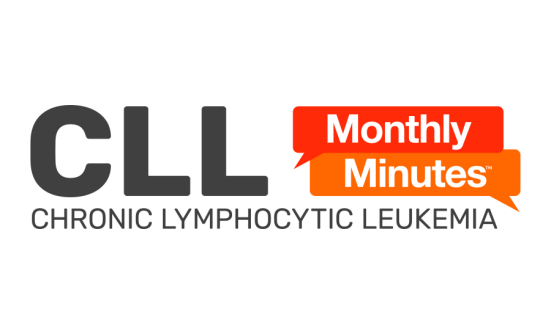The emergence of the SARS-CoV-2 virus, which causes COVID-19, has presented a worldwide health challenge unlike anything most living people have ever seen. To protect patients and healthcare providers, many hospitals in the United States have been forced to limit visitors and implement other policies to reduce the possibility of viral spread.1 For instance, certain physical interactions like handshakes, hugs, and even some physical exams have been restricted.1
For many patients with cancer, especially those with leukemia and those who have received stem-cell transplants, the risks of contracting any infectious disease—not just COVID-19—are higher than for other hospitalized patients.1 Patients in the leukemia unit are often uniquely vulnerable to infection because of treatments that weaken their immune system.1 In addition, patients with leukemia can often be hospitalized for extended periods of time if dealing with complications from their disease or treatment.1
All of this has meant that healthcare providers in inpatient leukemia units have had to adjust to the limits imposed by social distancing and other COVID-19 restrictions. In the beginning of the pandemic, many found themselves delivering bad news to patients who were unable to have loved ones at their bedside.1 Given the difficulty of this situation, they have adapted by putting family members on speaker phone or video call as soon as they enter the patient’s room.1
Healthcare providers have also started taking advantage of recent advances in telemedicine.1 These virtual calls allow patients to have follow-up visits or consultations from their own homes using the Internet.1 Although telemedicine does not allow for in-person interactions, it has allowed for patients to continue receiving the care they need without having to come to the clinic or hospital.1
Moving ahead, although the COVID-19 pandemic will eventually subside, many physicians anticipate that future medical training will include more emphasis on epidemiology and emergency preparedness.1 Clinicians have already noticed changes on the research side of medicine, as new opportunities are already arising to study novel bacteria and viruses.1 Some of this research is changing how healthcare providers think about drug development, from how best to repurpose older established drugs, to how to streamline the process of clinical trial development and design.1 The outcomes of all this research should make us better prepared for any future pandemics that may arise.1
Overall, both patients and healthcare providers have found themselves tested by this historic pandemic.1 Fortunately, some of the burden has been eased through smart policies to protect patients and technological advances that have facilitated social contact and practicing medicine at a distance.
Reference
- Pemmaraju N. Reflections on caring for cancer patients during the COVID-19 pandemic. April 21, 2020. www.mdanderson.org/cancerwise/leukemia-oncologist-doctor-reflections-on-caring-for-cancer-patients-during-the-coronavirus-covid-19-pandemic.h00-159381156.html. Accessed February 1, 2021.















